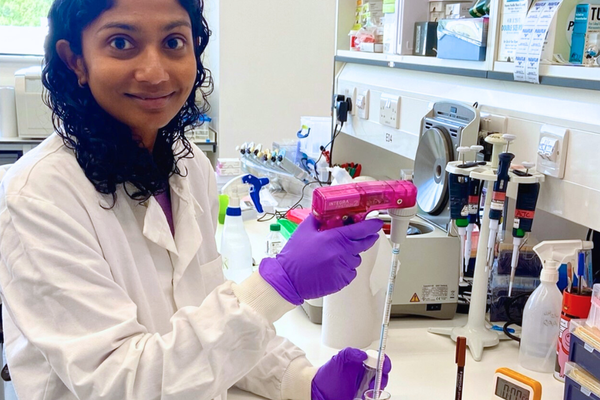
What is the menopause?
Wellbeing of Women has invested £161,751 in Dr Claire Hardy’s project to improve attitudes and awareness of menopause at work

Funded by Wellbeing of Women, Dr Roseanne Rosario is seeking to understand the connection between a genetic mutation and premature ovarian insufficiency, which could hold the key to new treatments.

Wellbeing of Women has invested £8,480 in Dr Hajra Khattak’s project to explore an alternative to HRT after having surgery on the ovaries

Wellbeing of Women invested £170,239 in research to help workplaces support women going through menopause